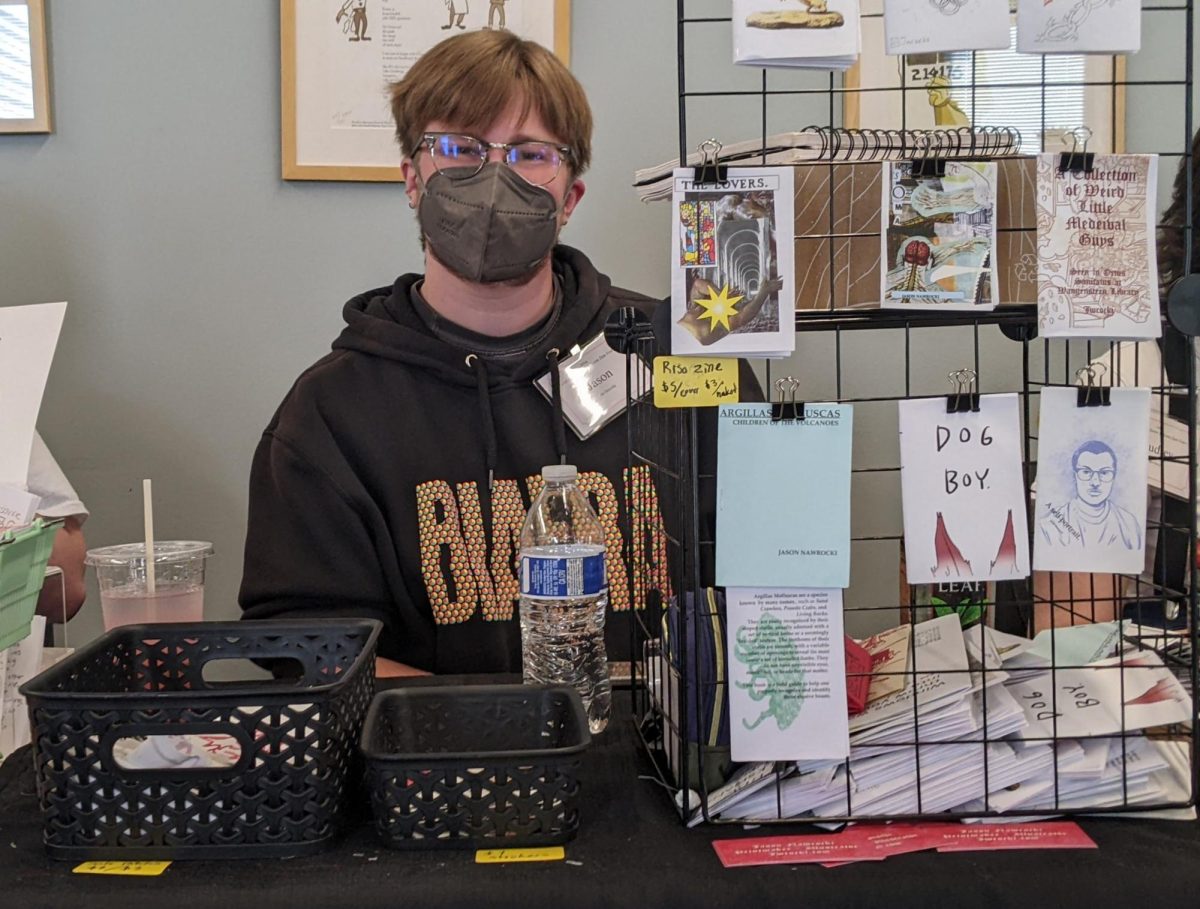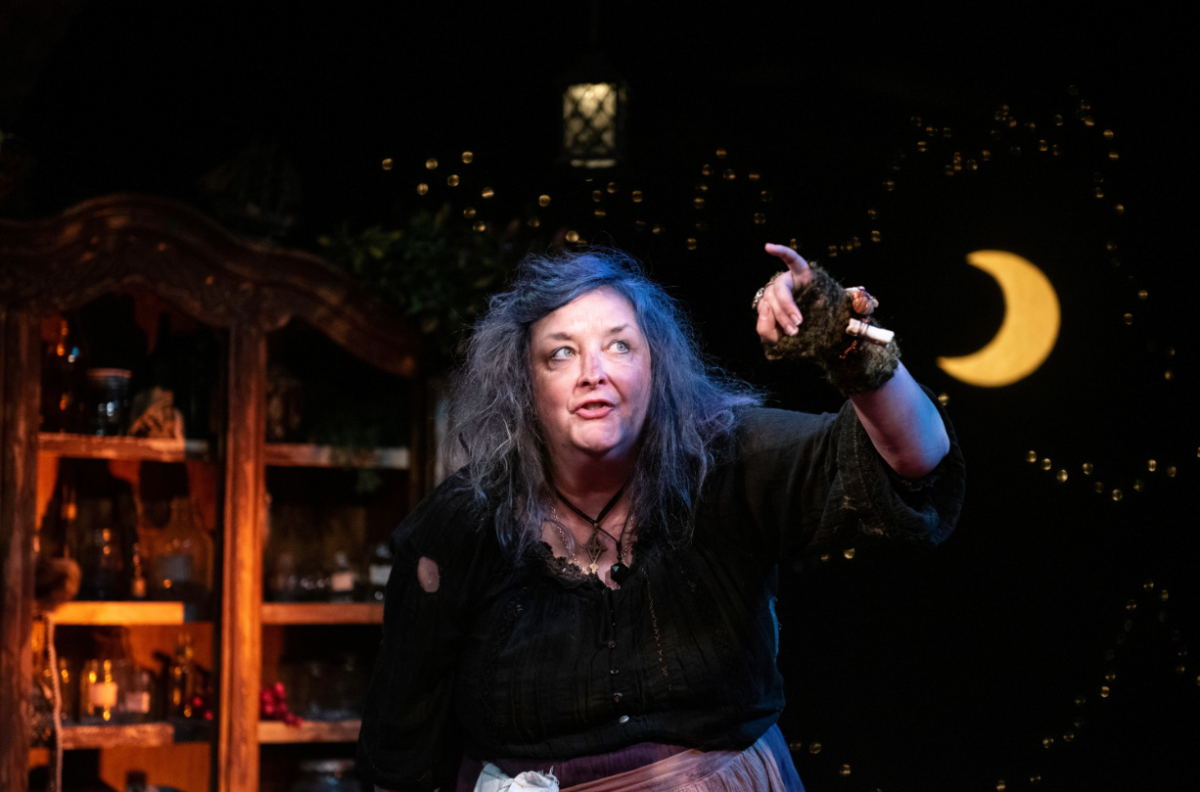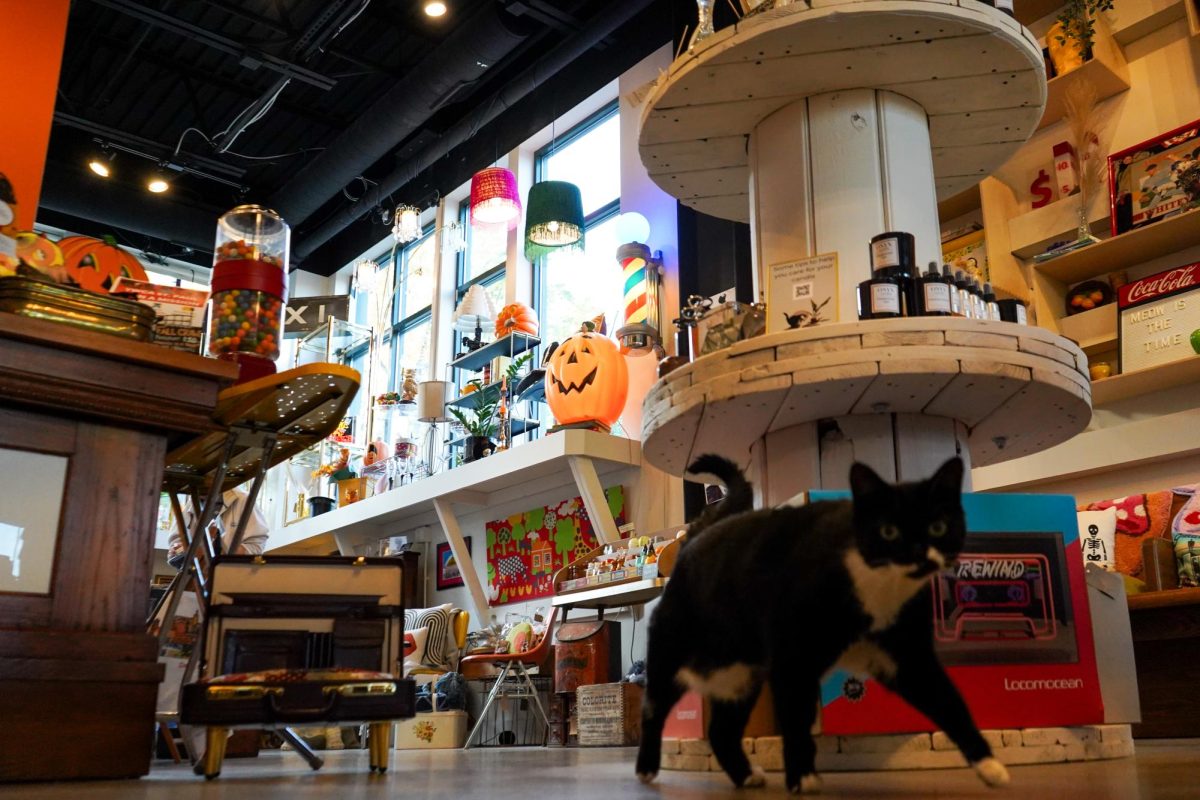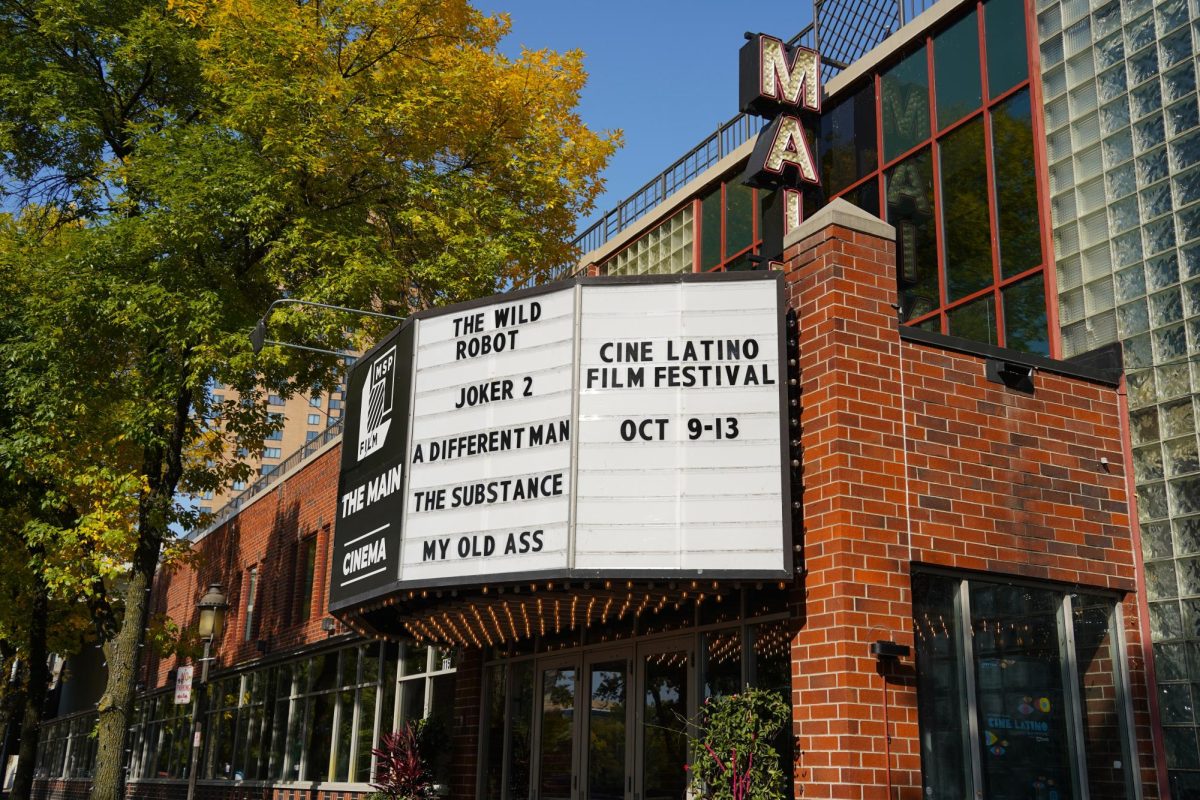Sun Hee loves reading books and filling her teenage mind with knowledge, but her mother forces her to do chores instead. Living in Korea prior to World War II, she clashes with her mother and is conflicted about her identity. Her family considers it unacceptable for a girl to be interested in pursuing intellectual endeavors when they are struggling to harvest the crops. One day, a charming young man tells her she is bright, and urges her to take an office job in Japan. In an effort to fulfill her dreams and help her family, she leaves with him, despite her mother’s suspicions and pleas for her to stay.
Sun Hee’s story might be fictional, but it was typical of the estimated 200,000 women from Korea and other areas of Asia occupied or colonized by Japan who were deceived into working as military sexual slaves – “comfort women”. From 1932-45 the Japanese Imperial Army forced these women into serving in “comfort stations,” on battlegrounds as sex slaves for Japanese soldiers.
In the mid-1990s, Jeany Park heard about these military sexual slaves as former victims were beginning to speak about their experiences, and she selected the subject for her first play. As a Korean woman “it was easy to imagine it happening to me,” she said.
Now, roughly five years after beginning the painstaking project, Park’s play “Falling Flowers” is complete and has been produced by Theater Mu. She said, “It was difficult to submerge myself in that time to create characters and let them talk through me.” After reading many firsthand accounts of these women’s personal experiences, Park created characters as composites from these accounts. She carefully fabricated complex, exuberant characters who speak to the brutality of their treatment at the hands of the Japanese army while revealing their personal beliefs, anxieties and aspirations.
Sun Hee, for example, is first presented as an aging woman in the present day – played powerfully by Maria Cheng – desperate to speak about her experiences in the “comfort stations,” but simultaneously conflicted by the fear of ridicule. The bulk of the play is a flashback, as Sun Hee reflects on the most disturbing time of her life.
She watches with a look of disgust as she and the other naive girls who would become her closest friends are taken by truck and train to the camps. She observes as belligerent soldiers cut the girls’ beautiful hair and force them to remain in private huts, serving 10 to 50 Japanese soldiers per day. Director Cecilie D. Keenan masterfully stages the traumatic scenes of rape: the women feebly struggle but soon give up their resistance as the soldiers manipulate their bodies. Behind transparent screens, the men wrap the women around their rigid torsos, the women resembling rag dolls. But then, not all of the men are wicked. Park includes one soldier who is sympathetic and considerate and intends to marry one of the girls. “I wanted to represent that not all men are evil,” Park explained. “Sometimes captors fall in love with their captives.”
More than simply a dramatization of this horrific moment in history, this play is about an individual’s right to choose her fate. Sun Hee tells her two friends a story based on a Korean legend, “Falling Flowers,” about a group of women who decided to jump off a cliff rather than allow their captors to repeatedly violate them.
Sun Hee chooses to live, but her friends choose differently, based on their circumstances. One girl tries to escape the camp, knowing that she will be shot. In many cases girls didn’t survive, anyhow. Many died of infection or were forced to commit suicide at the end of the war. Those that did live often did not return home, afraid of the social stigma that would await them even though this tragedy was not their fault. Representing characters from the “Falling Flowers” legend and ghosts from long ago, masked characters watch events unfold from the edge of the stage, acting as witnesses and supporters.
Decades after the war, in 1991, the first victim of military sexual slavery publicly came forward after years of silence. Supported by The Korean Council for the Women Drafted for Military Sexual Slavery by Japan, Hak Soon Kim told her story in hope of demanding reparations from Japan. Many followed her, and weekly demonstrations are still held in front of the Japanese Embassy in Seoul. The Japanese government still has not even acknowledged the tragedy endured by these women, much less offered reparations for scarring their lives. Yet the message continues to spread, via print, demonstration and passionate works of art like “Falling Flowers.”
“Falling Flowers” plays through Feb. 16 at Mixed Blood Theatre, (612) 338-6131.
Amy Danielson welcomes comments at [email protected]







